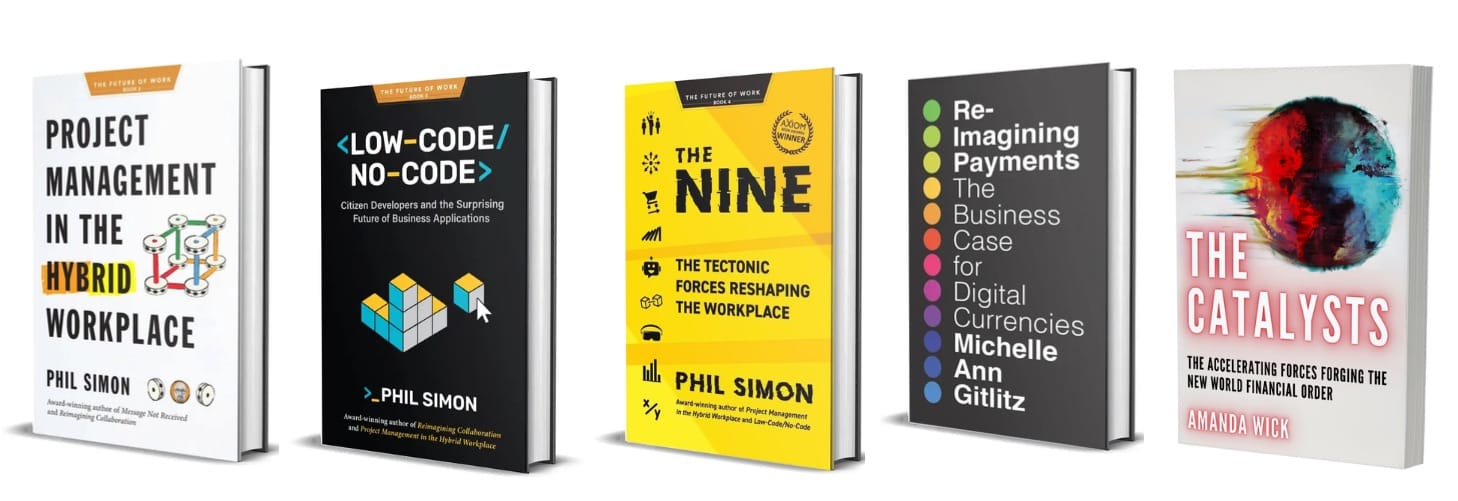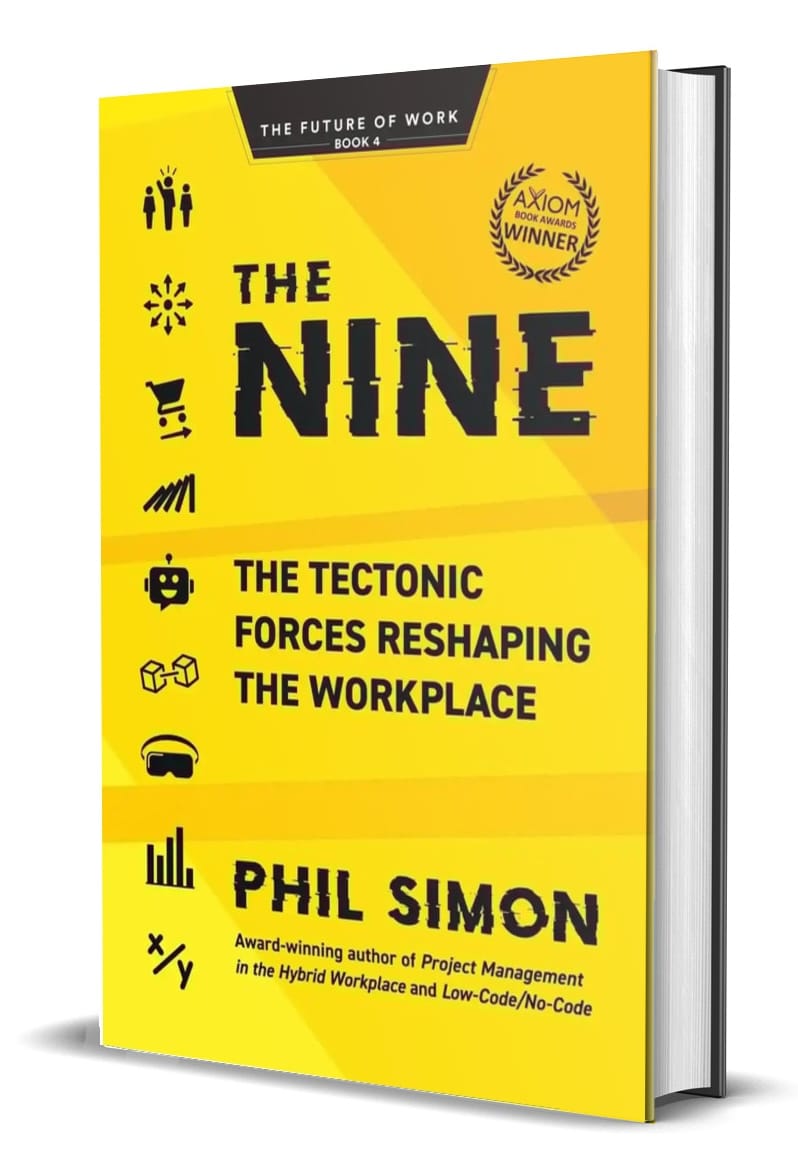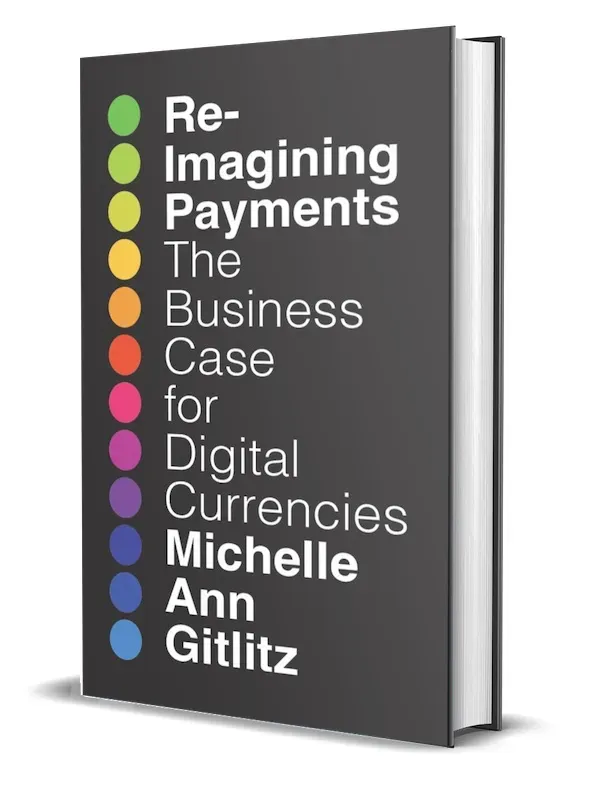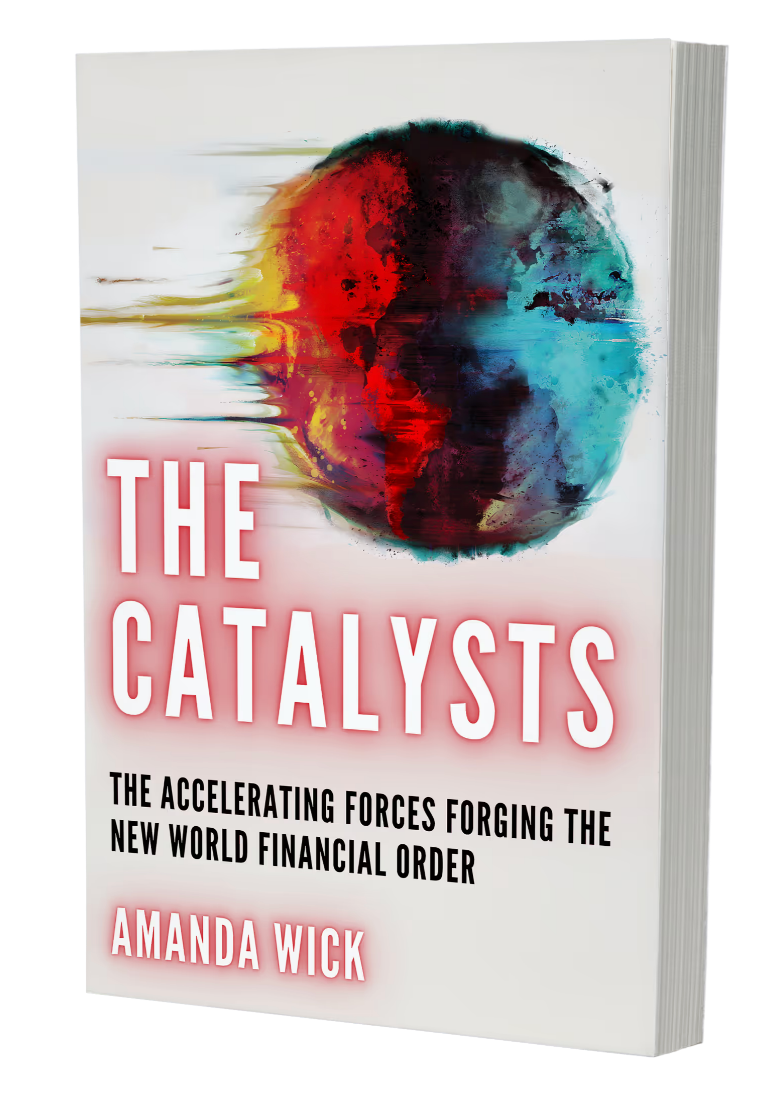
Titles
Racket has published five prescriptive non-fiction books so far. More are coming.
"A room without books is like a body without a soul."
—Cicero
Jump to a Book
Project Management in the Hybrid Workplace 🏆
FUTURE OF WORK, BOOK #2
Phil Simon
–Publishers Weekly, BookLife review
For decades, organizations of all sizes and in all industries have struggled at managing projects. Even though employees primarily worked together in physical offices, rare was the project that came in on time and on budget and delivered what stakeholders expected.
The M-F/9-5 in-person world of work is gone forever. Depending on the country, more than nine in ten people would rather quit their jobs than return to the office five days per week. Brass tacks: Remote and hybrid workplaces are here to stay, and they pose formidable obstacles that complicate managing projects and launching new products.
Against this backdrop arrives Project Management in the Hybrid Workplace, Phil Simon’s timely and highly anticipated follow-up to his award-winning book Reimagining Collaboration.
In his inimitable style, Simon adeptly fuses critical research and concepts from a slew of diverse and seemingly unrelated fields, including Agile software development, human resources, supply chain management, cognitive psychology, organizational behavior, and labor economics. Brimming with detailed case studies, penetrating insights, and practical advice, Simon’s twelfth effort is a tour de force. Product owners, new and seasoned PMs, service providers, freelancers, small business owners, and students taking PM classes will benefit from Project Management in the Hybrid Workplace.
Low-Code/No-Code
Citizen Developers and the Surprising Future of Business Applications
FUTURE OF WORK, BOOK #3
Phil Simon
—Publishers Weekly BookLife Review
Our relationship with workplace technology has always been, in a word, complicated. The pandemic only made it more so.
The stats are astonishing. Two in three employers can’t find qualified candidates to fill their open IT positions. By 2024, the deficit of software developers in the US alone will hit 500,000. Supply and demand for techies are out of whack and, most alarmingly, there’s no end in sight.
The effects of this labor market imbalance are profound and difficult to overstate. Nearly three in four technology leaders can’t focus on their strategic priorities. Countless other firms, departments, teams, and leaders struggle because IT can’t deliver the tools they so desperately need. Adding salt to the wound, business units now need new applications to address the logistical challenges that pervasive remote and hybrid work pose.
Organizations are at a crossroads. They need to solve these thorny tech problems. Now. But how?
In Low-Code/No-Code: Citizen Developers and the Surprising Future of Business Applications, world-renowned workplace technology expert and award-winning author Phil Simon squares this circle. His thirteenth book deftly illustrates how, thanks to powerful new tools and a new breed of employees, organizations are finally fulfilling critical business needs and reducing their reliance on pricey software developers.
Low-Code/No-Code is an invaluable treasure trove of insightful analysis, synthesis, examples, and advice that has arrived at the perfect time.
The Nine 🏆
The Tectonic Forces Reshaping the Workplace
Phil Simon
FUTURE OF WORK, BOOK #4
Winner, 2024 Axiom Award, Business Commentary (Silver)
—Kirkus Reviews
As COVID has receded, companies such as Apple, Amazon, Google, Salesforce, and Twitter have severely restricted or even eliminated remote work. Ditto for countless, less iconic firms and small businesses. At a high level, executives and managers at these organizations are trying to turn back the clock to 2019.
There's just one problem, though: For a bevy of reasons, they won’t succeed.
In many ways, the workplace of 2023 already differs from its pre-pandemic counterpart. In some cases, it’s downright unrecognizable.
What’s more, this gap will only intensify in the coming years. Blame—or thank, if you like—powerful economic, societal, geopolitical, and technological forces. They include generative AI, automation, dispersed workforces, blockchain, immersive technologies, employee empowerment, and the return of systemic inflation.
Brass tacks: The workplace is undergoing a massive, irrevocable shift. The only question for business leaders is, What should you do about it?
In The Nine: The Tectonic Forces Reshaping the Workplace, award-winning author and world-renowned workplace tech expert Phil Simon answers that question in spades. He peers into the dizzying and chaotic future of work. Simon slices through the hype surrounding nascent trends and newfangled technologies.
Insightful, timely, and essential, The Nine clearly explains what’s really happening, why, and how business leaders can navigate the dramatically different workplace of the future.
Reimagining Payments
The Business Case for Digital Currencies
Michelle Gitlitz
—J. Christopher Giancarlo, former chairman, US Commodity Futures Trading Commission
Our way of paying for things is rapidly changing. Fewer of us are using cash. Instead, we’re relying on a growing array of electronic payment methods, including digital wallets, QR codes, mobile money, and, of course, Bitcoin and other digital currencies. Against this backdrop arrives Reimagining Payments: The Business Case for Digital Currencies, an exciting book from prominent cryptocurrency attorney and advisor Michelle Ann Gitlitz.
No doubt you’ve heard of the challenges surrounding cryptocurrencies. Several projects have imploded, asset values and trading volumes have plummeted, and investor losses have abounded. These events serve as catnip for naysayers and an excuse to dismiss digital currencies outright.
Reimagining Payments shows how this mindset is ultimately misguided. Digital currencies already serve important commercial purposes. At Chipotle, consumers are buying burritos with Bitcoin and other tokens. Some Equinox members pay their dues with digital currencies. Nearly 500 million Shopify users do the same at almost two million merchants. For their part, more than 90 percent of central banks are experimenting with central bank digital currencies to complement cash.
Gitlitz gives the reader a fresh look at the $2 trillion payments industry and explains why it’s ripe for disruption. She deftly explores the benefits of accepting digital currency payments: reaching new consumers, providing more secure payment choices, and reducing transaction-related costs and friction.
No theoretical text, Reimagining Payments imparts strategic and tactical advice on this critical topic. Brimming with rich case studies, analysis, and synthesis, this timely text has arrived at the perfect time for senior business leaders to embrace the future of commerce.
The Catalysts
The Accelerating Forces Forging the New World Financial Order
Amanda Wick
—The Honorable Stephanie Murphy, former US Representative from Florida
Since the end of WWII, the United States has dominated the global economic stage. Not coincidentally, the US dollar has served as the world’s default currency. America has routinely rattled its saber to wage and win wars, cripple economies, leverage its soft power, and nudge its allies. Enemies who have dared to bear the brunt of America’s stifling economic sanctions have suffered the consequences.
For a bevy of reasons, however, America’s global financial reign is rapidly coming to a close. It’s not a question of if, but when. No dynasty lasts forever, and the US is proving to be no exception to this rule.
Blame—or thank, depending on your point of view—a diverse set of powerful catalysts. They include American political dysfunction, the invention of cryptocurrencies and decentralized finance, the rise of tribalism, and others. Any one of these forces alone would challenge the mightiest of empires. Their combination, however, is accelerating the birth of a new financial world order.
But what will this new, uncertain financial system look like? What are the rules? Where are the minefields and opportunities? Moreover, how can a nation, its elected officials, a non-governmental organization, or a think tank navigate this often chaotic milieu? Policymakers’ and advisors’ answers to these existential questions are wanting.
Amanda Wick has seen these forces play out firsthand, both domestically and internationally. As a Senior Investigative Counsel for the US House of Representatives and a staff member of the January 6th Committee, she witnessed how a once-great nation attempted to whitewash an insurrection. On the global stage, she has advised organizations of all sorts and spoken frequently about the rise of cryptocurrency, web3, and blockchain technology.
Wick’s debut book—The Catalysts: The Accelerating Forces Forging the New Financial World Order—could not have arrived at a more opportune moment. Insightful, timely, and essential, The Catalysts clearly explains what’s really happening, why, and what policy professionals can do to best position their constituents for the vastly different world ahead.

If you're interested in adding your name to this burgeoning list, click the button below and fill out the form.




